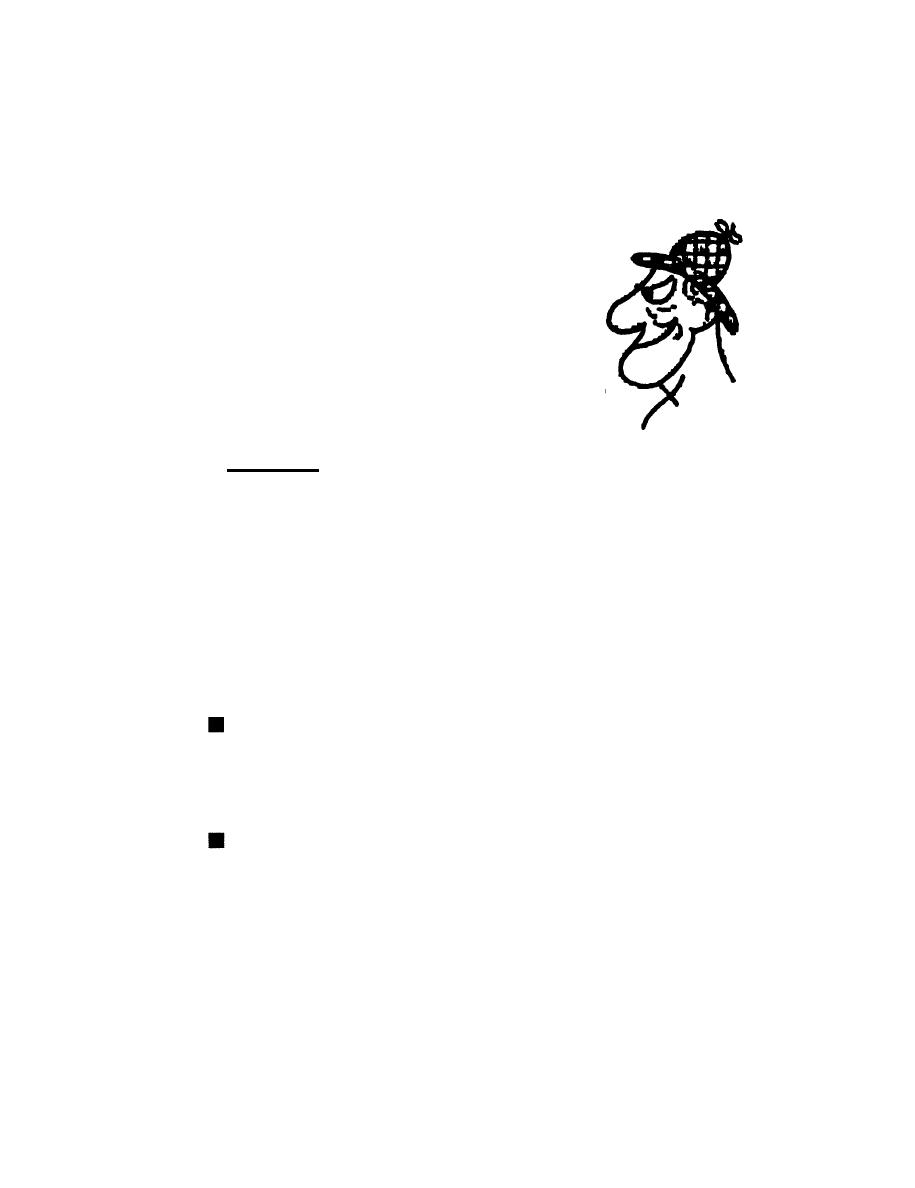

Custom Search
|
|

|
||
 CHAPTER 5. PREVENTIVE MAINTENANCE INSPECTION/SERVICE
(PMI) PROCEDURES
5.1 OBJECTIVE. The primary objective of
PMI is to ensure the continued reliability of
dynamic equipment. PMI is a systematic ap-
proach to protect vital operating equipment
from premature breakdown or replacement.
A second objective is to assure efficient opera-
tion by providing systematic examination of
equipment and systems and correcting minor
deficiencies before they expand into major
items for repair or replacement.
51.1 Discussion. PMI consists of examination, lubrication, minor adjustment,
and minor repair. It is concerned primarily with items that, if disabled, would interfere
with essential operations, endanger life and/or property, or involve high cost or long
lead time for replacement. A viable and effective PMI program will assist in providing
the command with the tools to avoid breakdown maintenance situations and is a cost ef-
fective vehicle for "protective maintenance." PMI alerts management to upcoming
maintenance deficiencies in time for systematic planning and scheduling of repair work.
This philosophy is in contrast to "breakdown maintenance" where the majority of repairs
are done on an "emergency" basis. The system is used to schedule periodic inspections
and servicing, monitor equipment repairs including labor and materials, and maintain in-
ventory data including spare parts numbers, spare parts stocked, and set-up require-
ments where necessary. Some advantages of an effective PM program are:
Reduced equipment downtime.
n More effective maintenance scheduling.
n Reduced emergency maintenance costs.
n Longer equipment life and better capital expenditure decisions.
Reduced inventory shortages and overstocks.
Cost savings from PMI will not be immediate. Maintenance costs may rise initially, lar-
gely because previously hidden deficiencies will be uncovered. After the program is in
operation for one or two years cost savings will result from reduced E/S work and ef-
ficiencies gained through planned and scheduled maintenance versus fire drill break-
down maintenance. PMI is highly repetitive work that can be planned, estimated and
scheduled. Therefore, it should be issued as an estimated Standing Job Order, Labor
Class Code (LCC) 03 and charged to the appropriate PMI Cost Account Number
(CAN).
5-1
|
 |
|
 |
||